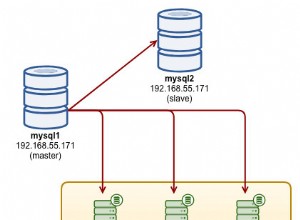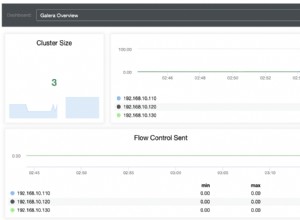Na Github jest znany problem.
Zgodnie z tym komentarzem możesz chcieć zastąpić structurally_incompatible_values_for_or aby rozwiązać problem:
def structurally_incompatible_values_for_or(other)
Relation::SINGLE_VALUE_METHODS.reject { |m| send("#{m}_value") == other.send("#{m}_value") } +
(Relation::MULTI_VALUE_METHODS - [:eager_load, :references, :extending]).reject { |m| send("#{m}_values") == other.send("#{m}_values") } +
(Relation::CLAUSE_METHODS - [:having, :where]).reject { |m| send("#{m}_clause") == other.send("#{m}_clause") }
end
Ponadto zawsze istnieje możliwość użycia SQL:
@items
.joins(:orders)
.where("orders.user_id = ? OR items.available = true", current_user.id)




